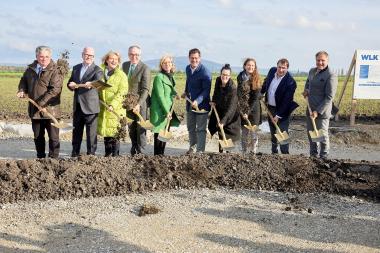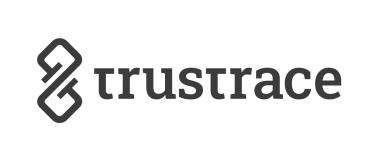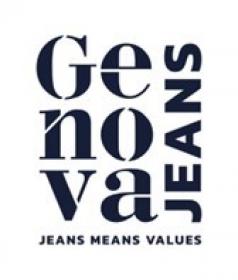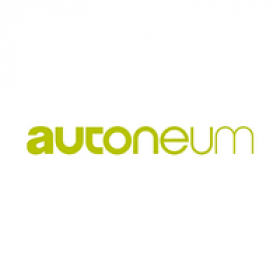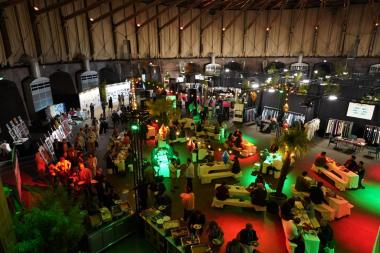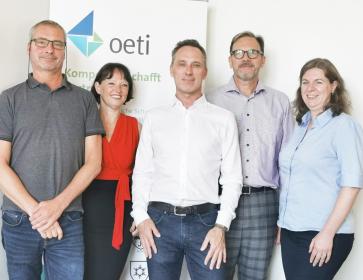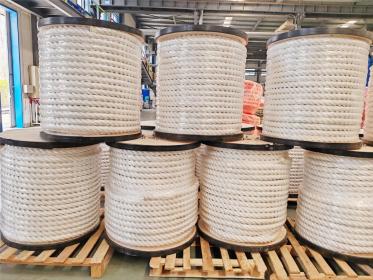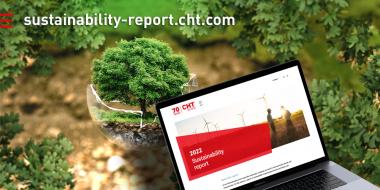Autoneum: EcoVadis gold medal for sustainability
Autoneum Holding Ltd has been awarded the gold medal in the 2023 EcoVadis sustainability rating, ranking the automotive supplier in the top 5% of companies assessed. Following a silver medal the previous year, the Company was able to further improve the overall rating of its sustainability performance in the four categories Environment, Labor and Human Rights, Ethics and Sustainable Procurement and achieved the second-highest recognition level.
As part of its commitment to transparency towards its stakeholders and the public at large, Autoneum reports regularly on its key developments and achievements in the area of Corporate Social Responsibility (CSR). In addition to reporting in line with the Global Reporting Initiative (GRI) standards, Autoneum uses external platforms such as EcoVadis – a globally recognized sustainability rating agency – to assess the quality of its sustainability management system. EcoVadis uses 21 criteria based on international CSR standards to rate companies in four categories: Environment, Labor and Human Rights, Ethics and Sustainable Procurement. Since its foundation in 2007, EcoVadis has assessed the sustainability performance of more than 100 000 companies from 175 countries.
In the 2023 sustainability rating by EcoVadis, Autoneum achieved gold medal status for the first time, placing it in the top 5% of companies assessed. Having already been awarded the EcoVadis silver medal in 2022, Autoneum thus moved up to the second-highest recognition level in this year’s rating, thanks to significant progress in the Environment and Labor and Human Rights categories.
More information on Autoneum’s sustainable products and processes can be found in the current issue of the Corporate Responsibility Report.
Autoneum Holding AG






